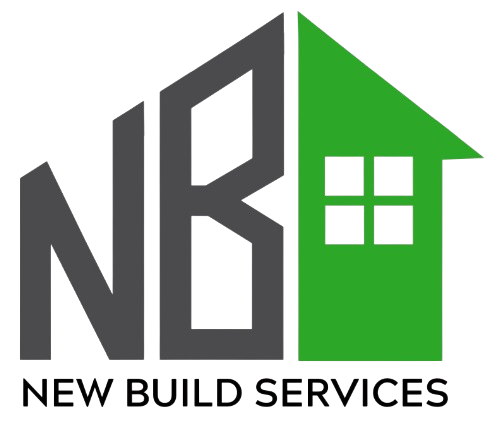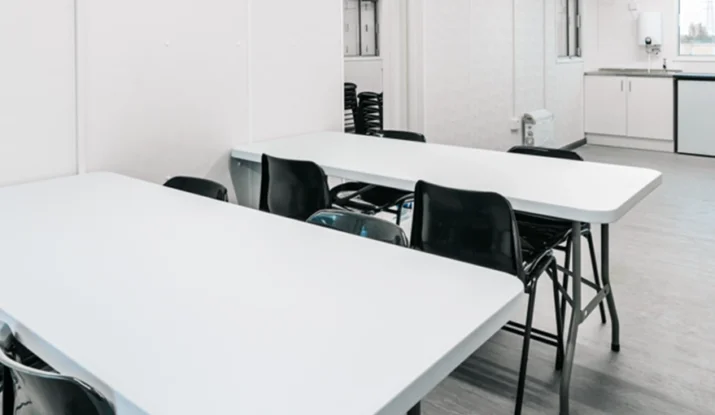Regular welfare unit maintenance is more than a luxury—it’s a fundamental requirement for any construction or industrial site striving for operational excellence. Welfare units, which typically include washrooms, kitchens, rest areas and changing facilities, serve as the backbone of on-site wellbeing. When these facilities are well-maintained, your workforce feels valued, healthy and motivated; when they aren’t, the consequences range from reduced productivity to serious health and safety risks.
Health, Hygiene & Illness Prevention
Welfare units are high-traffic zones that see constant use throughout the workday. Without regular cleaning and disinfection, bacteria, viruses and mould can take hold in sinks, toilets, locker rooms and communal kitchens. These pathogens contribute to common colds, gastrointestinal issues and skin infections—leading to increased sickness absence. By instituting a consistent maintenance schedule, you significantly reduce microbial load and help safeguard your team’s health.
Boosting Morale & Productivity
A clean, well-stocked welfare unit sends a clear message: you care about your people. When workers have access to hygienic washrooms, fresh drinking water and tidy break areas, they feel respected and comfortable. This psychological boost translates into higher job satisfaction, better focus and fewer unscheduled breaks. Conversely, poorly maintained facilities can breed frustration, undermine morale and potentially lead to complaints or even onsite conflict.
Compliance with Regulations
Health and Safety Executive (HSE) regulations in the UK mandate adequate welfare provisions on all construction sites. These regulations cover not only the presence of facilities—such as lavatories, drinking water and washing areas—but also their cleanliness and maintenance. Failure to comply can incur enforcement notices, project stoppages or financial penalties. A robust maintenance plan ensures you meet and exceed these legal requirements, avoiding costly enforcement action and reputational damage.
Hazard Reduction & Accident Prevention
Spills, wet floors and overflowing waste bins in welfare units pose slip, trip and fall hazards. Such accidents can trigger injury claims, insurance premium hikes and lost workdays. Routine cleaning minimises these risks by removing liquids, debris and obstructions promptly. Additionally, well-lit, uncluttered rest areas reduce the chance of cuts or bruises when workers access lockers or kitchen appliances.
Financial Benefits & Cost Control
While it may seem like an added expense, regular welfare unit maintenance delivers cost savings in the long run. Healthy employees mean fewer sick days and lower recruitment or temporary staffing costs. Compliance with regulations prevents fines and project delays. And by addressing minor issues—such as a leaking tap or blocked drain—during scheduled cleans, you avoid expensive emergency repairs and downtime.
Best Practices for Welfare Unit Maintenance
-
Scheduled Deep Cleans
Conduct a comprehensive clean of all welfare facilities at least twice weekly. This should include floor scrubbing, sanitary fixture disinfection, locker wipe-downs and kitchen appliance sterilisation. -
Daily Spot-Checks
Assign a supervisor or cleaning operative to perform quick daily checks—empty bins, top up consumables (soap, paper towels), clear any spillages and air out enclosed areas. -
Consumable Management
Use quality, eco-friendly products and monitor stock levels of soap, hand sanitiser, toilet paper and cleaning agents to prevent shortages. -
Documentation & Feedback
Maintain cleaning logs with dates, times and operatives’ initials. Encourage workers to report issues immediately via a simple feedback system—so no problem goes unnoticed. -
Ongoing Training
Ensure cleaning teams are trained in correct disinfection techniques, safe handling of chemicals and awareness of site-specific hazards.
Our Recommendation
For optimal hygiene and compliance, we recommend a structured welfare unit maintenance plan that combines twice-weekly deep cleans with daily spot-checks. Adapt frequency based on crew size and project phase—ramping up during peak activity to keep pace with increased usage.
Ready to elevate your site standards?
Let New Build Services Ltd design a bespoke welfare unit maintenance schedule that safeguards health, enhances morale and ensures full compliance.
📞 Call us now on 020 3057 4442 or
✉️ Email info@newbuild.services for your free consultation and quote.

